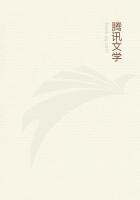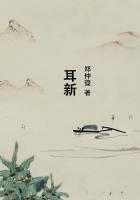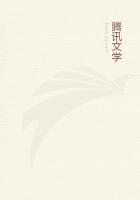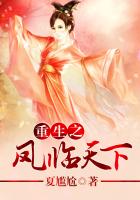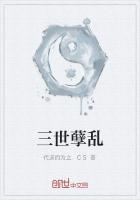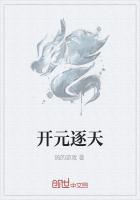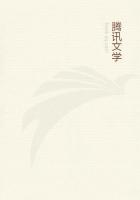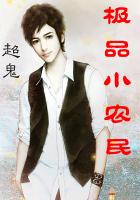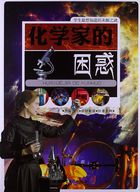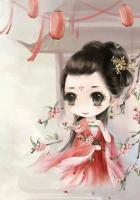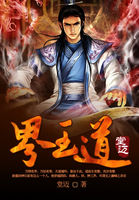And thus we began our retreat. Firing all the time, we trotted our horses as fast as we could toward the north. One after another three of my companions fell. There lay my Tartar with a bullet through his neck. After him two young and fine stalwart officers were carried from their saddles with cries of death, while their scared horses broke out across the plain in wild fear, perfect pictures of our distraught selves. This emboldened the Tibetans, who became more and more audacious. A bullet struck the buckle on the ankle strap of my right foot and carried it, with a piece of leather and cloth, into my leg just above the ankle. My old and much tried friend, the agronome, cried out as he grasped his shoulder and then I saw him wiping and bandaging as best as he could his bleeding forehead. A second afterward our Kalmuck was hit twice right through the palm of the same hand, so that it was entirely shattered. Just at this moment fifteen of the hunghutze rushed against us in a charge.
"Shoot at them with volley fire!" commanded our Colonel.
Six robber bodies lay on the turf, while two others of the gang were unhorsed and ran scampering as fast as they could after their retreating fellows. Several minutes later the fire of our antagonists ceased and they raised a white flag. Two riders came forward toward us. In the parley it developed that their chief had been wounded through the chest and they came to ask us to "render first aid." At once I saw a ray of hope. I took my box of medicines and my groaning, cursing, wounded Kalmuck to interpret for me.
"Give that devil some cyanide of potassium," urged my companions.
But I devised another scheme.
We were led to the wounded chief. There he lay on the saddle cloths among the rocks, represented to us to be a Tibetan but I at once recognized him from his cast of countenance to be a Sart or Turcoman, probably from the southern part of Turkestan. He looked at me with a begging and frightened gaze. Examining him, I found the bullet had passed through his chest from left to right, that he had lost much blood and was very weak. Conscientiously I did all that I could for him. In the first place I tried on my own tongue all the medicines to be used on him, even the iodoform, in order to demonstrate that there was no poison among them. I cauterized the wound with iodine, sprinkled it with iodoform and applied the bandages. I ordered that the wounded man be not touched nor moved and that he be left right where he lay. Then I taught a Tibetan how the dressing must be changed and left with him medicated cotton, bandages and a little iodoform. To the patient, in whom the fever was already developing, I gave a big dose of aspirin and left several tablets of quinine with them. Afterwards, addressing myself to the bystanders through my Kalmuck, I said very solemnly:
"The wound is very dangerous but I gave to your Chief very strong medicine and hope that he will recover. One condition, however, is necessary: the bad demons which have rushed to his side for his unwarranted attack upon us innocent travelers will instantly kill him, if another shot is let off against us. You must not even keep a single cartridge in your rifles."With these words I ordered the Kalmuck to empty his rifle and I, at the same time, took all the cartridges out of my Mauser. The Tibetans instantly and very servilely followed my example.
"Remember that I told you: 'Eleven days and eleven nights do not move from this place and do not charge your rifles.' Otherwise the demon of death will snatch off your Chief and will pursue you!"--and with these words I solemnly drew forth and raised above their heads the ring of Hutuktu Narabanchi.
I returned to my companions and calmed them. I told them we were safe against further attack from the robbers and that we must only guess the way to reach Mongolia. Our horses were so exhausted and thin that on their bones we could have hung our overcoats. We spent two days here, during which time I frequently visited my patient. It also gave us opportunity to bandage our own fortunately light wounds and to secure a little rest; though unfortunately I had nothing but a jackknife with which to dig the bullet out of my left calf and the shoemaker's accessories from my right ankle. Inquiring from the brigands about the caravan roads, we soon made our way out to one of the main routes and had the good fortune to meet there the caravan of the young Mongol Prince Pounzig, who was on a holy mission carrying a message from the Living Buddha in Urga to the Dalai Lama in Lhasa. He helped us to purchase horses, camels and food.
With all our arms and supplies spent in barter during the journey for the purchase of transport and food, we returned stripped and broken to the Narabanchi Monastery, where we were welcomed by the Hutuktu.
"I knew you would come back," said he. "The divinations revealed it all to me."With six of our little band left behind us in Tibet to pay the eternal toll of our dash for the south we returned but twelve to the Monastery and waited there two weeks to re-adjust ourselves and learn how events would again set us afloat on this turbulent sea to steer for any port that Destiny might indicate. The officers enlisted in the detachment which was then being formed in Mongolia to fight against the destroyers of their native land, the Bolsheviki. My original companion and I prepared to continue our journey over Mongolian plains with whatever further adventures and dangers might come in the struggle to escape to a place of safety.
And now, with the scenes of that trying march so vividly recalled, I would dedicate these chanters to my gigantic, old and ruggedly tried friend, the agronome, to my Russian fellow-travelers, and especially, to the sacred memory of those of our companions whose bodies lie cradled in the sleep among the mountains of Tibet--Colonel Ostrovsky, Captains Zuboff and Turoff, Lieutenant Pisarjevsky, Cossack Vernigora and Tartar Mahomed Spirin. Also here I express my deep thanks for help and friendship to the Prince of Soldjak, Hereditary Noyon Ta Lama and to the Kampo Gelong of Narabanchi Monastery, the honorable Jelyb Djamsrap Hutuktu.

